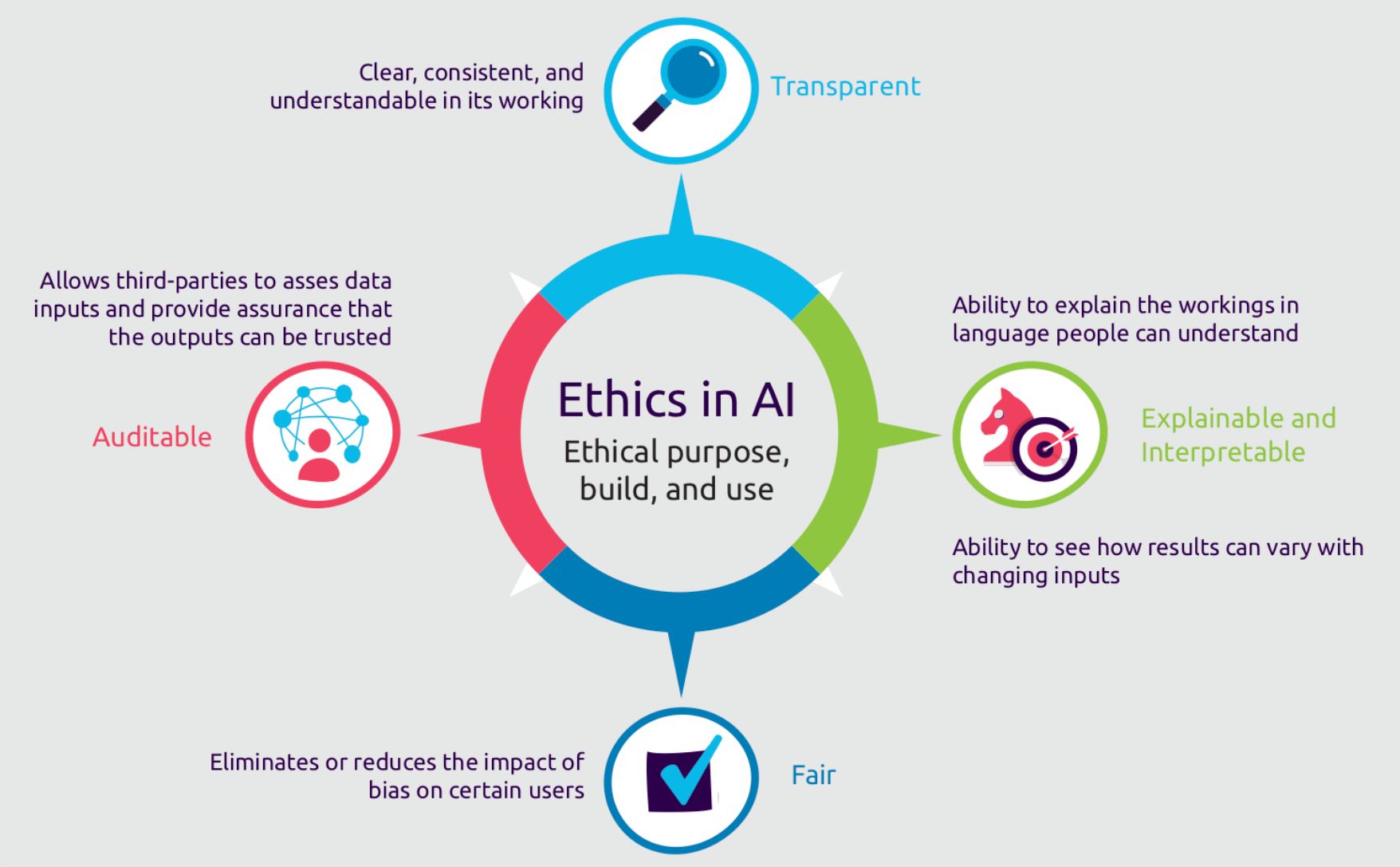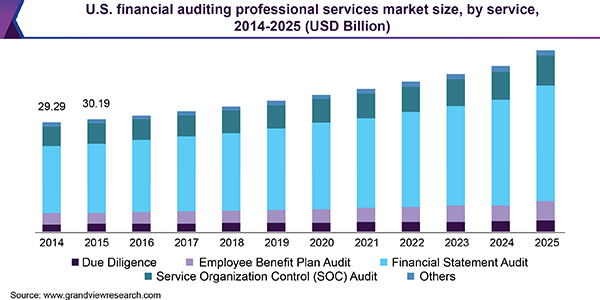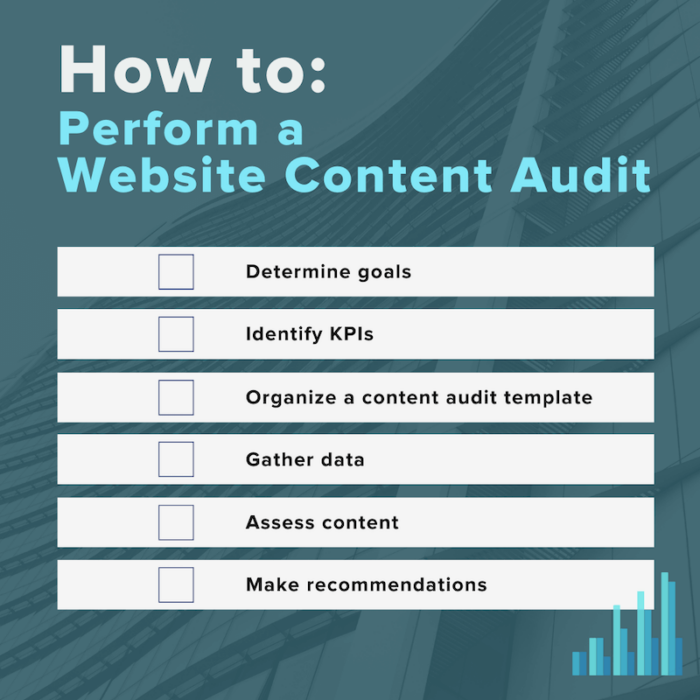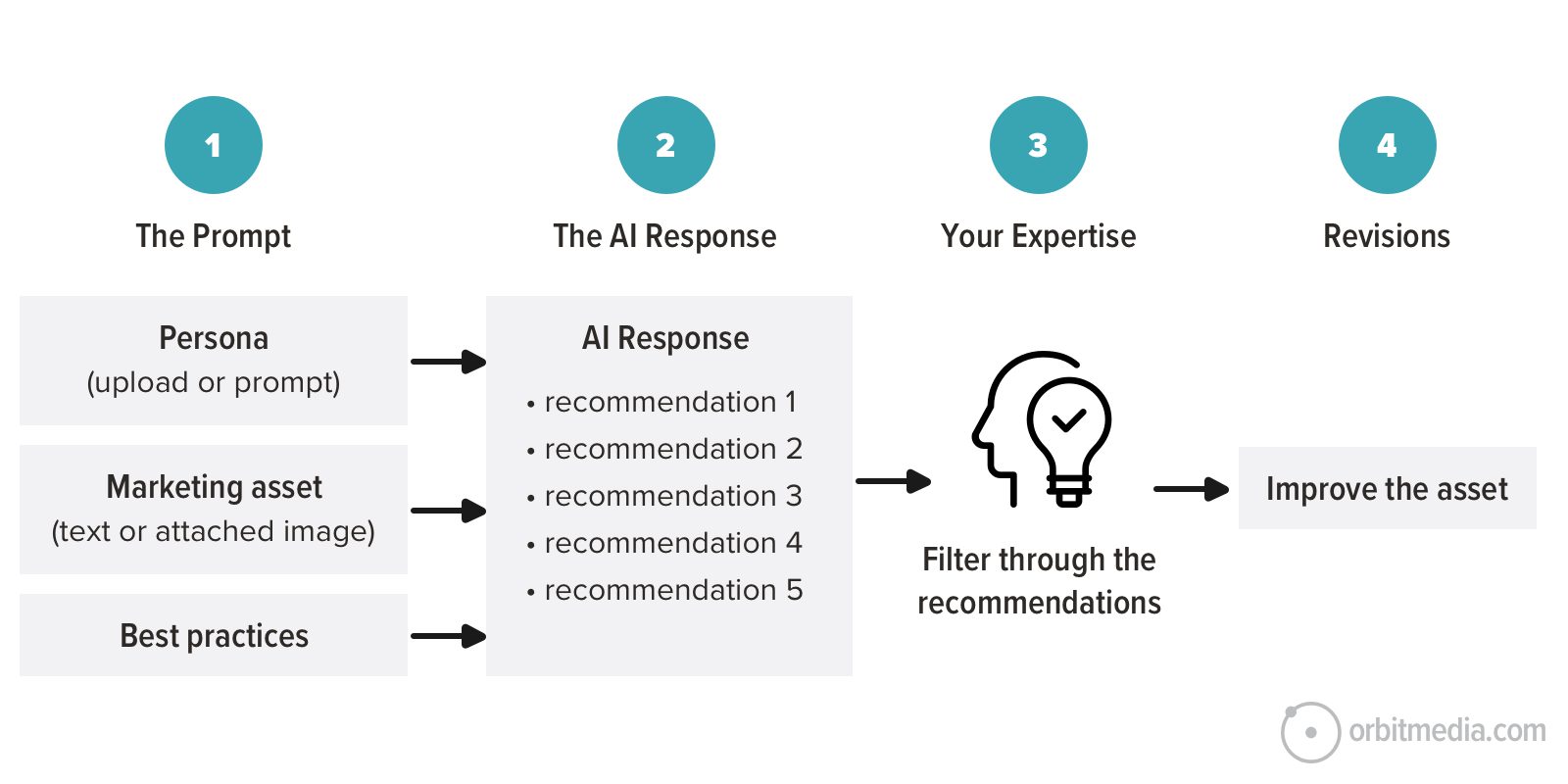In the modern landscape of digital marketing, content has become a key element for engaging audiences and enhancing brand visibility. However, as the amount of content grows, ensuring its relevance and performance can become increasingly challenging. Predictive content audits, powered by artificial intelligence (AI), offer a viable solution for digital marketing managers seeking to optimize their content strategies. These audits utilize advanced algorithms and machine learning techniques to evaluate content performance, forecast trends, and identify areas for improvement.
According to Gartner (2024), 67% of enterprise marketing organizations now employ AI-driven predictive content auditing integrated within their marketing technology stacks. This shift underscores the potential for more effective decision-making and resource allocation. Utilizing techniques such as Natural Language Processing (NLP) and machine learning algorithms allows organizations to analyze audience engagement, sentiment, and content effectiveness. This analysis supports continuous refinement of marketing strategies.
Expert insights indicate the significant impact of predictive audits. Thomas Davenport, a professor of Information Technology, highlights that predictive content audits are reshaping how companies approach their content strategies. By analyzing historical data and audience behavior, digital marketing managers can ensure content remains relevant, timely, and engaging.
This article explores the methodologies behind predictive content audits, presents success stories from leading organizations, discusses integration strategies with existing marketing technologies, addresses ethical challenges, and identifies emerging trends that shape the future of content auditing.
The Essential Techniques Behind Predictive Content Audits
A comprehensive understanding of the AI and machine learning techniques underlying predictive content audits is crucial for their effective implementation. These advanced techniques facilitate a detailed analysis of content and user engagement.
Natural Language Processing (NLP) serves as a foundational component of predictive audits. By analyzing textual data, NLP enables the examination of audience sentiment and emotional responses to content. This insight helps digital marketers tailor their strategies to resonate more effectively with their target demographics. NLP facilitates topic modeling, which assists in determining the themes and subjects that are most relevant to audiences, thereby informing future content creation.
Machine learning algorithms, such as Random Forest and Support Vector Machines (SVM), enhance the capability to predict content performance. These algorithms classify audience engagement metrics and correlate them with various content types. Furthermore, deep learning models, including recurrent neural networks (RNNs), analyze user behavior over time, enabling marketers to adapt proactively to shifting audience interests.
Overall, these advanced techniques generate actionable insights that empower digital marketing managers to optimize their content strategies effectively. By leveraging such methodologies, organizations can maintain relevant content and promptly update materials based on real-time data.
Flowchart outlining AI techniques used for content auditing (Source: Orbit Media)
 Sentiment analysis results showcasing emotional metrics derived from audience feedback (Source: MDPI)
Sentiment analysis results showcasing emotional metrics derived from audience feedback (Source: MDPI)
Case Studies of Success: Real-World Applications of Predictive Content Audits
Several prominent organizations have successfully implemented predictive content audits, demonstrating the tangible benefits of this approach. One notable case is Netflix, which utilized predictive analytics to enhance its content library. By analyzing viewing patterns and engagement metrics, Netflix developed predictive models that forecasted viewership for new content. This proactive approach resulted in a reduction of content acquisition costs by $1 billion annually, as the company could strategically invest in content with a higher likelihood of success.
Another compelling example is The New York Times, which applied predictive content audits to refine its article offerings. By examining reader behavior and engagement data, the publication increased subscriber engagement by 60% while simultaneously reducing churn rates by 27%. This substantial growth illustrates how predictive analytics can inform editorial decisions and enhance audience retention.
Spotify’s Discover Weekly playlists also highlight the efficacy of predictive content audits. By analyzing user listening patterns, Spotify successfully predicted songs users were likely to enjoy before they heard them. This feature drives approximately 16 billion song discovery events each month, underscoring the impact of predictive analytics on user experience.
Additionally, HubSpot, a leader in inbound marketing, employed predictive analytics to optimize its blog content. The company analyzed thousands of blog posts to identify the topics and formats that yielded the best traffic and conversion rates. As a result, HubSpot reported a 106% increase in organic traffic year-over-year and a 38% improvement in lead generation, demonstrating the effectiveness of predictive audits.
 Infographic illustrating key performance metrics of successful predictive content audits (Source: Visme)
Infographic illustrating key performance metrics of successful predictive content audits (Source: Visme)
How to Ensure Seamless Integration of AI with Marketing Technology
Effectively integrating predictive content audits into existing marketing technologies is vital for improving digital marketing outcomes. A seamless connection between systems allows for real-time analysis and informed decision-making.
Application Programming Interface (API) integrations play a critical role in this process by facilitating connections between predictive audits and existing martech systems. This integration enables direct retrieval of data from Customer Relationship Management (CRM) platforms, content management systems (CMS), and marketing automation tools, creating a holistic view of content performance across various channels.
Data synchronization ensures that metadata, performance metrics, and audit results are continuously updated, enabling proactive strategies. For instance, tools like HubSpot offer native features for content audits that sync directly with their CMS, allowing marketers and content creators access to the latest insights.
Workflow automation capabilities further optimize marketing processes by automatically flagging underperforming content for evaluation. Salesforce's Marketing Cloud, for example, uses AI to recommend content based on predictive insights, streamlining processes and increasing productivity.
Combined with unified dashboards that present audit results alongside other marketing data, these practices ensure that marketing managers can respond swiftly to content performance trends, leading to more agile strategies and improved outcomes.
 Diagram depicting the marketing technology ecosystem, highlighting predictive audit tools (Source: ChiefMartec)
Diagram depicting the marketing technology ecosystem, highlighting predictive audit tools (Source: ChiefMartec)
 Flowchart illustrating the integration of predictive content audits with marketing technology systems (Source: CMCC)
Flowchart illustrating the integration of predictive content audits with marketing technology systems (Source: CMCC)
Navigating Ethical Challenges in AI-Powered Content Audits
Despite the clear advantages of predictive content audits, ethical considerations must be carefully addressed. AI models can inherit biases from their training data, which may impact analysis and recommendations. For example, a United Nations Development Programme (UNDP) study revealed that AI systems often presented a skewed representation of gender in professional roles due to biased training datasets.
Algorithmic bias can notably affect outcomes. An investigation by ProPublica showed that a criminal justice algorithm in Florida disproportionately labeled African American defendants as "high risk," which raises concerns about fairness and accountability in AI systems. Such instances underscore the importance of incorporating ethical scrutiny in AI processes to mitigate biases.
Privacy concerns also arise when utilizing AI for predictive content analysis. Predictive analytics can inadvertently reveal sensitive personal attributes, posing risks to data privacy. As AI systems increasingly gain traction, transparency is paramount; organizations should develop clear guidelines that disclose how data is collected, analyzed, and employed, ensuring ethical standards are upheld.
Overall, marketing professionals must prioritize ethical considerations when adopting AI to foster responsible use of technology and maintain public trust in their practices.
 Image emphasizing ethical considerations in AI within marketing contexts (Source: Hibernian Recruitment)
Image emphasizing ethical considerations in AI within marketing contexts (Source: Hibernian Recruitment)
 Workshop discussing the ethical implications of AI in marketing, emphasizing responsibility and transparency (Source: Leon Furze)
Workshop discussing the ethical implications of AI in marketing, emphasizing responsibility and transparency (Source: Leon Furze)
Predictions and Trends Shaping the Future of Content Audits
As digital marketing continues to evolve, staying attuned to emerging trends that influence predictive content audits is essential. AI-driven capabilities are paving the way for a new era of content performance prediction. Advanced algorithms are now able to forecast content performance before publication, allowing marketers to refine their strategies proactively.
Hyper-personalization has emerged as a critical trend, as AI tools analyze user behavior to deliver tailored content experiences. A study by McKinsey indicated that personalization can achieve up to an eight-fold return on marketing investments and drive sales increases of over 10%. By leveraging predictive analytics, organizations can create more targeted campaigns that resonate with individual preferences.
Furthermore, the integration of predictive audits with marketing technologies is becoming increasingly sophisticated. Currently, 67% of enterprise marketing organizations utilize predictive content auditing within their core martech stack—an increase from previous years (Gartner, 2022). As machine learning and automation proliferate, predictive audits will likely evolve to not only assess existing content but also identify emerging opportunities and trends, establishing a forward-thinking content strategy.
 Trend graph showcasing future predictions relevant to content auditing and marketing strategies (Source: Grand View Research)
Trend graph showcasing future predictions relevant to content auditing and marketing strategies (Source: Grand View Research)
Steps to Implement Predictive Content Audits in Your Organization
For digital marketing managers looking to harness the capabilities of predictive content audits, a systematic approach is essential for successful implementation. The first step involves assessing existing content performance metrics to identify areas that need improvement. Establishing baseline data will help organizations better measure the effectiveness of their strategies moving forward.
Choosing the right AI tools is also vital. Evaluating software that offers NLP capabilities, automated content analysis, and seamless integration with existing technology stacks will provide the necessary foundation for predictive audits.
Additionally, setting up a continuous feedback loop through regular audits enables organizations to optimize content consistently, maintaining relevance and engagement over time. By iterating on the audit process and incorporating audience insights, companies can retain a competitive edge in their content marketing efforts.
Following these strategies, supported by case studies and expert insights, can significantly enhance organizations' ability to respond effectively to evolving audience needs, ultimately leading to improved business results.
 Checklist summarizing essential steps for effective content audits (Source: Terakeet)
Checklist summarizing essential steps for effective content audits (Source: Terakeet)
Conclusion
Predictive content audits powered by AI represent a promising approach for digital marketing managers aiming to refine their content strategies. By leveraging advanced tools like NLP and machine learning, marketers can gain insights that lead to more informed decisions, greater content relevance, and optimized resource allocation.
While addressing the ethical implications associated with data use in predictive audits is necessary, staying attuned to emerging trends and incorporating predictive analytics into workflows will help marketers maintain a competitive position in their industry.
Ultimately, those who effectively utilize predictive content audits will enhance their content strategies and develop deeper connections with their audiences, paving the way for sustained success in the digital marketing landscape.

Komentar (0)
Masuk untuk berpartisipasi dalam diskusi atau .